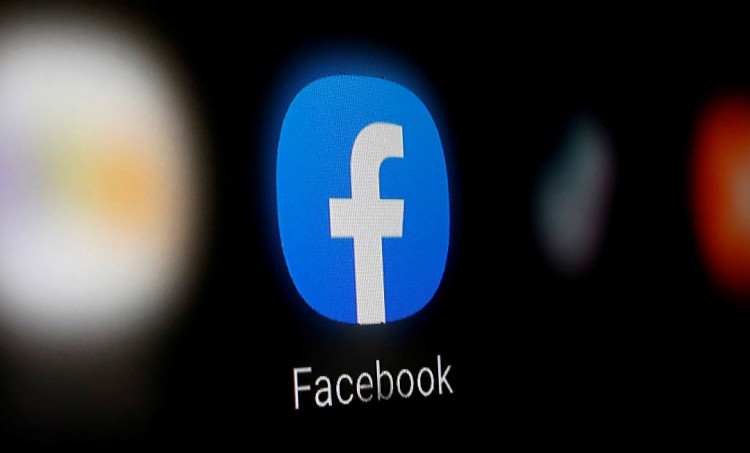Facebook on Monday started prompting pop-ups to some users asking them to answer a survey about COVID-19. The move is the social media giant's latest initiative to combat the spread of the coronavirus.
Facebook has partnered with Carnegie Mellon University's Delphi epidemiological research center in order to conduct symptom mapping to forecast where the next wave of the coronavirus will hit. The move shows how the social media platform is using the data it collects from billions of monthly active users. It's also reminiscent of how the company used user data in the past to design disease prevention maps and fight the spread of contagious diseases.
As with most surveys go, however, it's a challenge to attract a large number of respondents that will accurately portray logical statistics. With the help of Facebook, Carnegie Mellon hopes that more people will participate, especially that the survey can be distributed to different parts of the globe.
Symptom mapping becomes especially difficult if people have to download some forms or an app before they get to complete a survey. With Facebook, more people can easily find Carnegie Mellon's survey, eliminating the extra chore of having to go to some obscure web portal.
Of course, not all users will see the prompt for the survey. It's also unclear how many users Facebook is targetting, but it's expected that users over the age of 18 will likely supply the data needed for the symptom mapping to be successful.
In the wake of the COVID-19 outbreak, several symptom tracking projects started appearing online, including those from New York's Will Cornell Medicine, Harvard, and there's also a new app created by one co-founder from Pinterest. The goal of symptom mapping is to track self-reported symptoms, which in turn would provide geographical locations of where the virus currently spreads the fastest.
Understandably, many users may not be at all willing to share their data given Facebook has been embroiled in privacy issues in the past, but this research effort should curb the spread of the disease. The social network also reassures that it will only provide aggregate information at a city or country level and not identify individual users.
In an announcement, Facebook said the data collected from the survey would help in resource allocation, public health planning, and "when, where, and how to reopen parts of society."
Data from the survey will also be made available to researchers as part of Facebook's Data for Good initiative.






